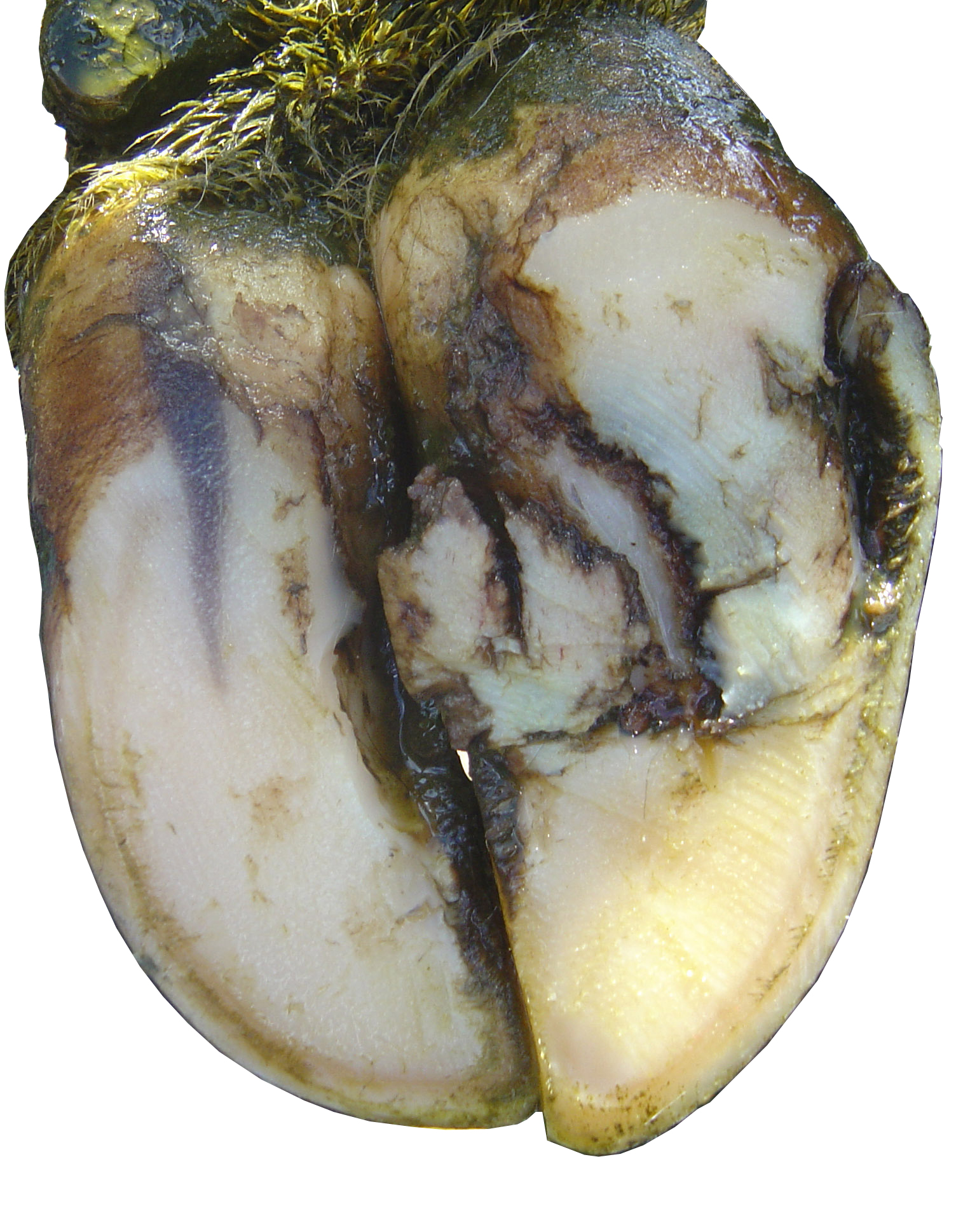Correct grain overload keeping the animal moving and the claws cool.
What causes laminitis in cows.
As we understand the causes of laminitis and identify the risk factors better it is possible to prevent and reduce the effects of the laminitis syndrome.
Injectable diphenhydramine 0 5 to 1 0 mg kg iv im.
Since individual cows often have more than one cause for lameness at the same time it is important to understand the different types of lameness as well as the treatment and prevention protocols.
The most frequent causes of lameness are.
Heavier cattle or cattle held on feed for too long are at a higher risk for lameness.
Today laminitis also known as founder is the main cause of lameness in cattle.
Slatted floors can cause lameness in cattle due to injuries if the slats are fitted incorrectly or poorly maintained.
Nsaid non steroidal anti inflammatory drug injectable ketoprofen 2 to 4 mg kg im iv.
Laminitis claw disease digital dermatitis and foot rot.
One of the more common causes current theory states citation needed that if a horse is given grain in excess or eats grass under stress and has accumulated excess nonstructural carbohydrates sugars starch or fructan it may be unable.
Although laminitis occurs in the feet the underlying cause is often a disturbance elsewhere in the horse s body.
W hile it is associated with high concentrate feeding both laminitis and sole ulcers can be linked directly to.
This causes gram negative organisms to die and release vasoactive endotoxins.
Antihistamines may be useful e g.
Cattle infected with mycoplasma bovis are at risk of joint infection.
Dr chris clark of the western college of veterinary medicine discusses some of the many causes of lameness in cattle.
While the exact mechanisms by which the feet are damaged remain a mystery certain precipitating events can produce laminitis.
Laminitis has multiple causes some of which commonly occur together.
The causes vary and may include the following.
Thus laminitis has a great economic impact on dairy operations and all over the world dairy producers are moving towards housing cows in intensive confined conditions.
High grain rations erratic feed consumption due to weather factors or feed supply problems and improper feed processing are risk factors for laminitis.
Excessive protein levels in the diet unlikely in pasture based farming systems except at turnout onto fresh grass in spring are also known to cause laminitis.

